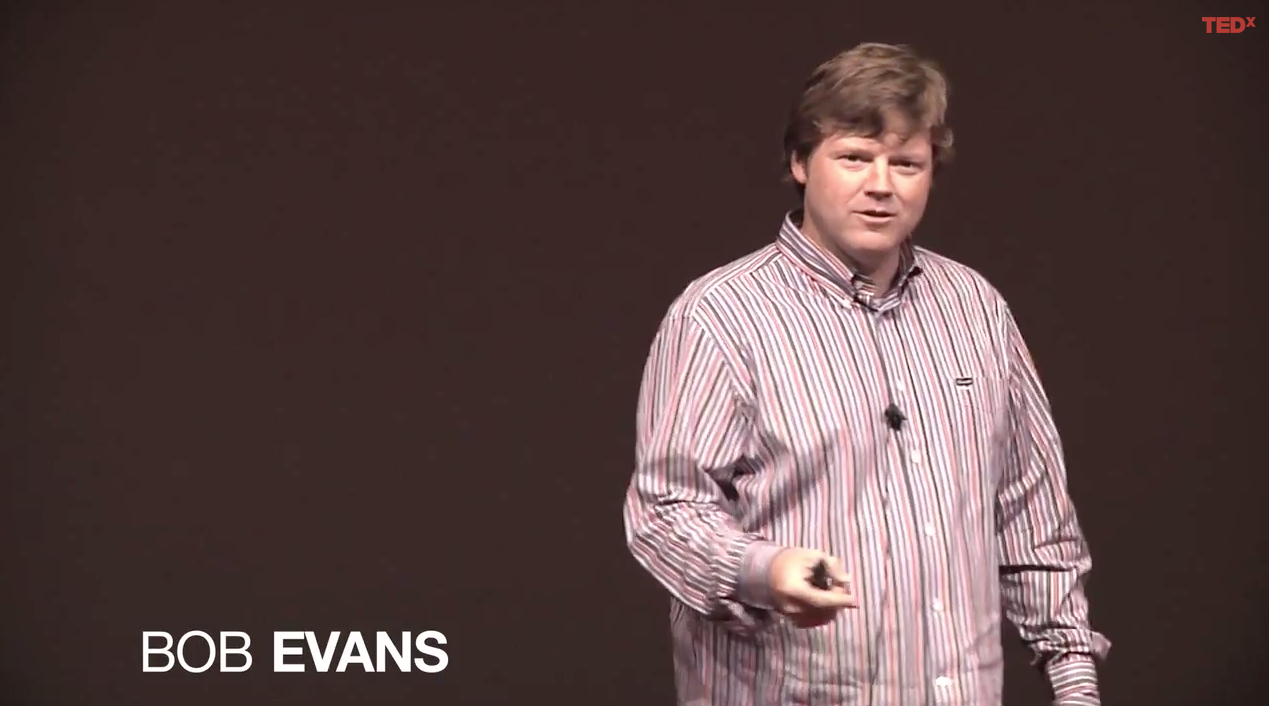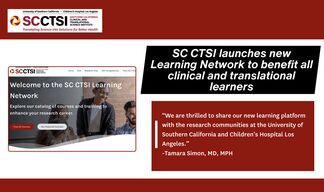mHealth Collaboratory Seminar Hosts Developer of PACO Smartphone Experiment Platform
Researchers learn about a software tool that enables non-programmers to quickly prototype and run mobile health studies.
Bob Evans, a software engineer at Google who is increasingly well-known for his interest in the use of computers to understand the human condition, wants to put the power of mobile technology in the hands of health and social scientists.
As a featured speaker a recent presentation in the mHealth Collaboratory Seminar Series, Evans showed several dozen researchers from USC and other Los Angeles-area institutions how the PACO software platform he pioneered can help them easily and quickly create rigorous experiments that will run on Android devices or iPhones -- without requiring the skills of professional programmers.

Evans initially developed PACO to help researchers within Google answer business questions about topics like engineering productivity. But in the last few years Evans has also worked to help non-Google individuals and academics understand how they too can use the free, open source PACO toolkit to conduct research about health, mood, stress, behavior and more.
"Computer scientists know things and behavioral scientists know things, and the exciting thing is to create the kind of collaboration that will spark new ways to study and understand how we live," said Evans. "We can't build a one-size-fits-all experiment. We need programming modalities so health researchers who aren't computer scientists can capture and focus the technology on the questions they are interested in."
Individual self-tracking enthusiasts have used PACO to run personal experiments on subjects such as eating habits or allergic reactions.
"What I'd really like PACO to become is a way to build research-vetted tools that help people understand their world and themselves, and so there doesn't have to be a programmer in the mix," said Evans.
Moving mobile tech within reach
Scientists look forward to using tools like PACO and mobile phone technology to conduct studies that would have been prohibitively expensive or difficult before the smartphone revolution put what amounts to powerful, networked computers in everybody's pocket, explained William Swartout, co-director of the mHealth Collaboratory, professor in the USC Viterbi School of Engineering Computer Science Department, and chief technology officer at the USC Institute for Creative Technologies (ICT).
Using a research methodology called experience sampling, PACO experiments prod the participant on a predetermined schedule to answer questions in real time about their mood, physical state or activities. The goal is to create an objective picture of daily human experience, recording not just empirical data but also phenomenological data like feelings and thoughts, said Evans.
"The great potential of PACO is that it brings so much of mobile technology within reach of virtually all health researchers and behavioral scientists," said Donna Spruijt-Metz, PhD, director of the mHealth Collaboratory at the Dornsife Center for Economic and Social Research, and adjunct associate professor of Preventive Medicine at Keck School of Medicine and of Psychology at USC. "Almost every mhealth researcher struggles with the challenges of using technology."
Mobile health scientists attending the seminar said PACO could make a big contribution to their research. "Smartphones are already widespread in the population and present powerful opportunities for research," said investigator Elizabeth Burner, MD, MPH, clinical research fellow at USC’s Keck School of Medicine. "Tools like PACO that expand our ability to use mobile technology will be one of the most important elements of the future of mhealth research."
- Watch a video of Evans presentation for the mHealth Collaboratory.
- Watch Evans' TEDx talk about PACO.
- Learn more about PACO.



